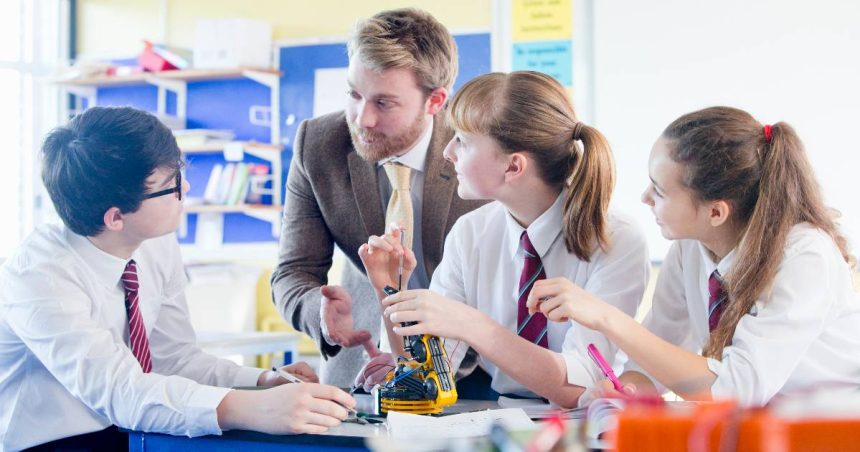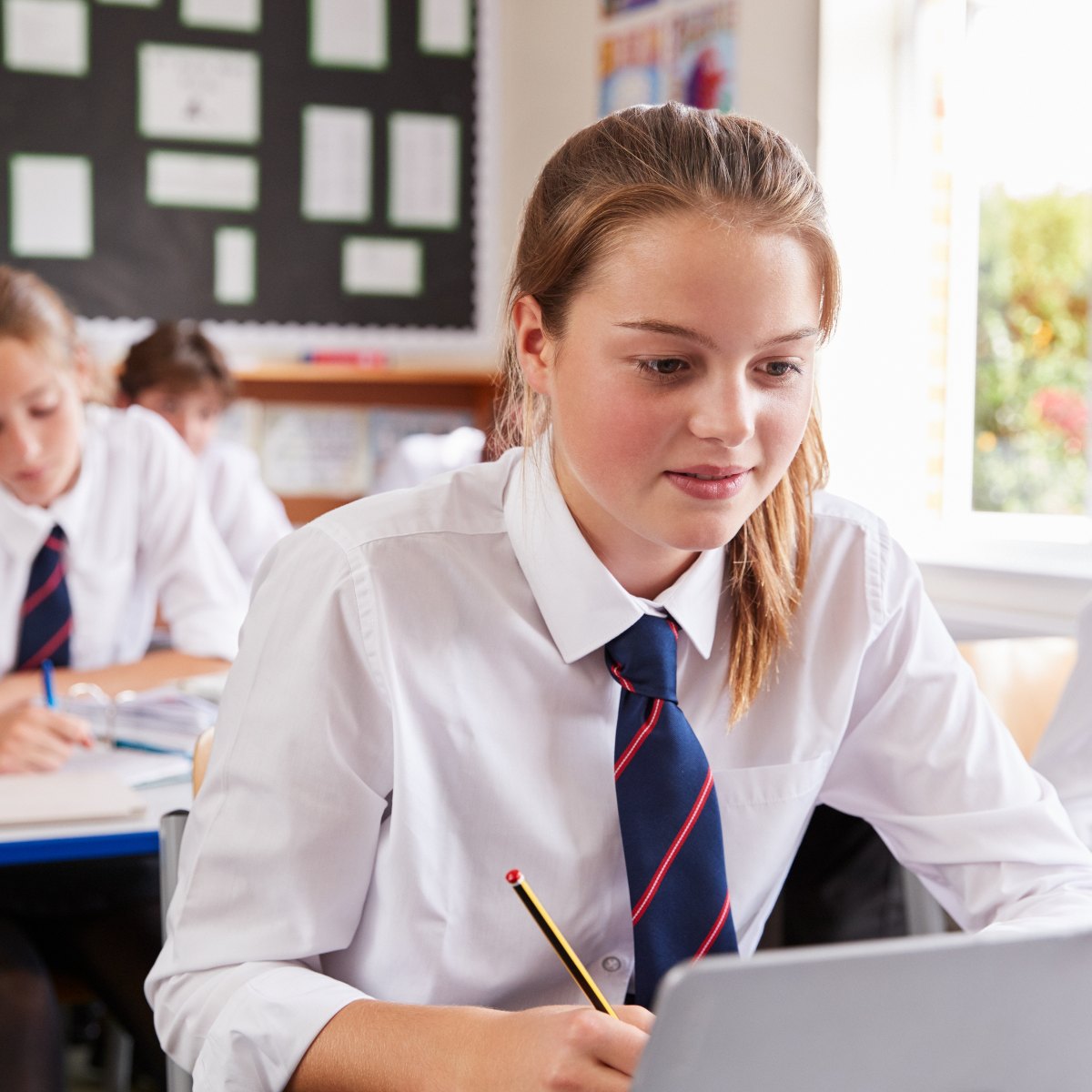The union representing staff at 250 private schools across New South Wales wants teachers’ salaries lifted above the salaries of their public school counterparts.
Within negotiations for a new enterprise agreement, the Independent Education Union (IEU) is demanding private school teacher salaries are raised to “maintain the traditional premium” above public schools, while switching to a single seven-step pay scale.
Union branch secretary Carol Matthews says that, although some independent schools are already paid above NSW government rates, some schools have agreements that see the private school teachers paid below those in the public education system.
“We are seeking that the Association of Independent Schools NSW match the government rates for all teachers and maintain the traditional premium of five to seven per cent,” she says.
“Some working conditions in this sector have traditionally not been regulated, such as face-to-face teaching hours, extras, playground duties and other requirements. And there is no portability of benefits between schools – so the premium recognises this.”
After securing a historic deal in 2023, NSW public school teachers became among the highest paid in the country – with graduate pay climbing to $85,000 and top-of-the-scale pay to $122,100. At the time, it was hoped that the pay increases would address the state’s chronic teacher shortages. The NSW government and NSW Teachers Federation will begin negotiations in early September for a new three-year award.
Some high-fee schools in NSW, including Newington College and The King’s School, already pay around 14 per cent more than the current multi-enterprise agreement outlines, with the state’s top-paid teachers earning around $140,000.
At the prestigious Shore School, which operates under a separate award, teachers were awarded a salary increase of $9000 following the government sector wage rises.
It’s a rise that “reflects the fact the school expects a huge amount” from its staff, says Principal John Collier.
“Therefore, we pay them to reflect the teaching, pastoral work, performing arts and co-curricular activities required. It also recognises that inflation was eating into value of their salaries,” he says.
“Our staff put in hours before, after school and on weekends during formal activities.”
Hard-working teachers create happy ‘customers’
‘Elizabeth’ is a teacher at an independent girls’ school in Sydney’s eastern suburbs and says that she supports the union’s push for higher pay, as she believes the pressures on private school teachers are greater.
“When education is a business, the customers want the best possible results,” she told EducationDaily. “That’s the reality. Parents who are privileged to be able to afford it pay top dollar to give what they believe is the best possible education for their children – and that means getting the marks needed to follow the career paths the students are chasing.”
She says to help students achieve those study goals, independent school teachers feel the extra pressure of helping deliver “stellar results”.
“You hear a lot about the pressure of private school kids trying to get great scores, but behind that is a teacher feeling the pressure to help them achieve it – while also looking after those students’ mental health.”









